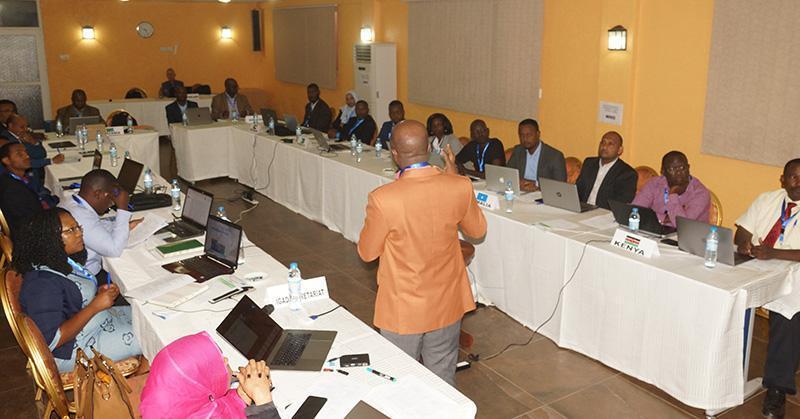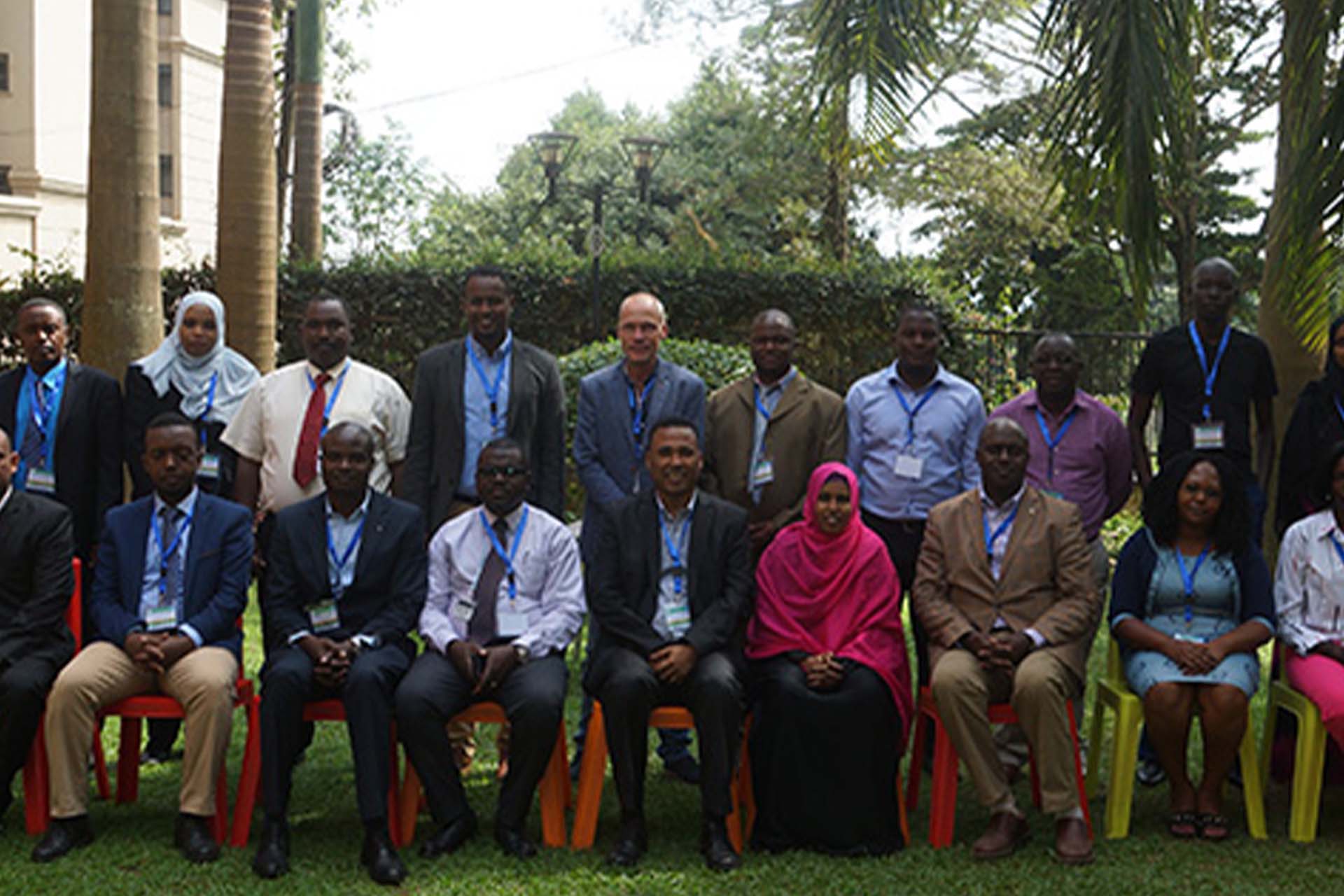20-08-2018, Entebbe (Uganda): The Intergovernmental Authority on Development (IGAD), with support from the World Health Organisation (WHO), this morning launched a five-day Hands-on Training and Dossier Assessment of Priority Medicines for IGAD Member States’ Experts of National Medicines Regulatory Authorities (NMRAs) in Entebbe.

This training, which is conducted within the framework of the IGAD Medicines Regulatory Harmonization (MRH) Initiative, is a capacity building exercise and dossier assessment of selected priority medicines in order to determine avenues for collaboration between IGAD Secretariat and member States NMRAs. It is also aimed at building capacity in the area of medicines registration and on how to review an application for marketing authorization for priority medicines.
More specifically, participants will be trained:
- on review of applications for marketing authorization submitted using the Common Technical Document developed by the International Council for Harmonization of Technical Requirements for Pharmaceuticals for Human Use (ICH-CTD);
- on abbreviated risk based review procedures that will accelerate registration of products registered by stringent regulatory authorities and prequalified by World Health Organization; and
- to brief on and identify issues with regard to harmonization of medicine registration in the region.
In her opening remarks, Dr Fatuma Adan – Senior Regional program Coordinator at the IGAD Health and Social Development Division, noted that it was “crucial for regional health systems and policies be harmonized and adopted by national governments in order to protect the region’s population”.
She recalled that “IGAD Regional MRH Initiative Proposal was endorsed by Member States in August 2017 and by the 10th Health Ministerial meeting in March 2018”. She tanked “WHO for their continued support in the region as Technical lead partner in global public health issues”.
Dr Abraham Gebregiorgis, Geneva-based Technical Officer of the WHO, underlined the critical aspect of the training in the implementation process of the IGAD Medicines Regulation & Harmonisation (MRH) programme. “On the one hand, it will build the technical capacity of the National Medicines Authorities, and on the other hand, it will be laying the foundation of the initiation of the IGAD MRH joint assessment activities”, he added.
Dr Abraham expressed his hope to see participants share gained skills and knowledge with respective colleagues at home and improve “efficiency and effectiveness in assessing dossier and also contribute in the regional joint activities”.
The mandate of National Medicines Regulatory Authorities (NRAs) is to protect the health of the public by allowing access to essential quality, safe and efficacious medicines. Dossier review and approval of essential medicines is a key factor to fulfillment of this mandate.
Despite this, most NMRAs are still faced with chronic shortage of human and technical resources, mainly due to budgetary constraints. There is need for member states to collaborate in dossier review so as to better utilize the scarce technical and financial resources available in an effort to improving systems for registration of medicines in the region.

